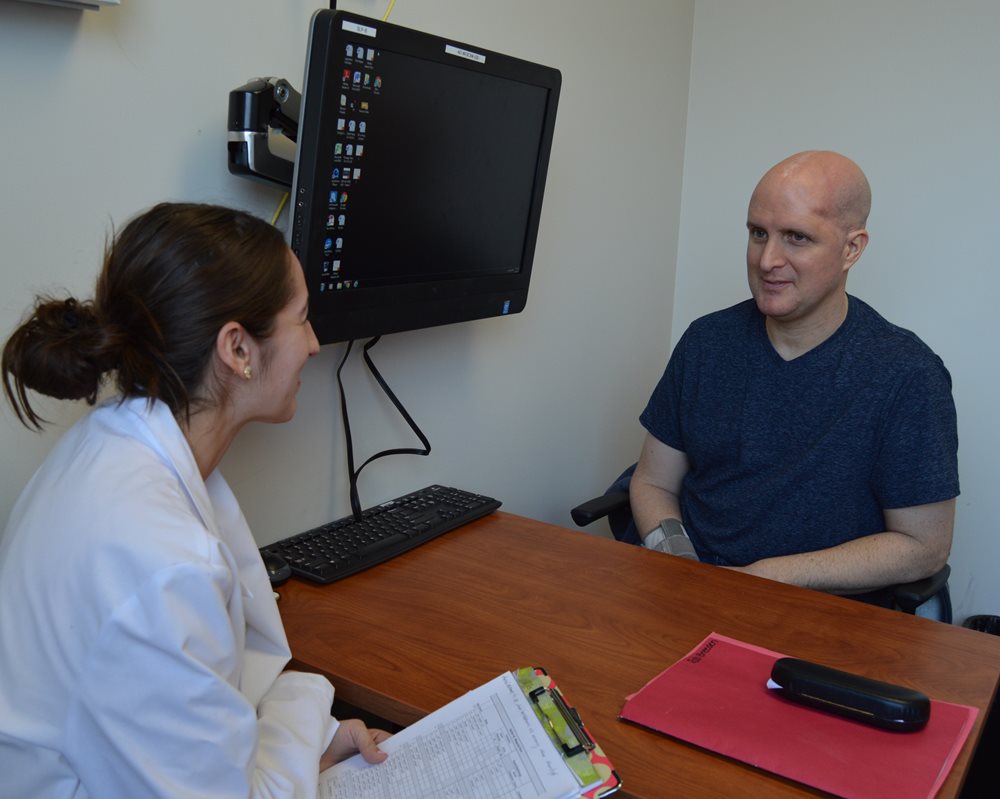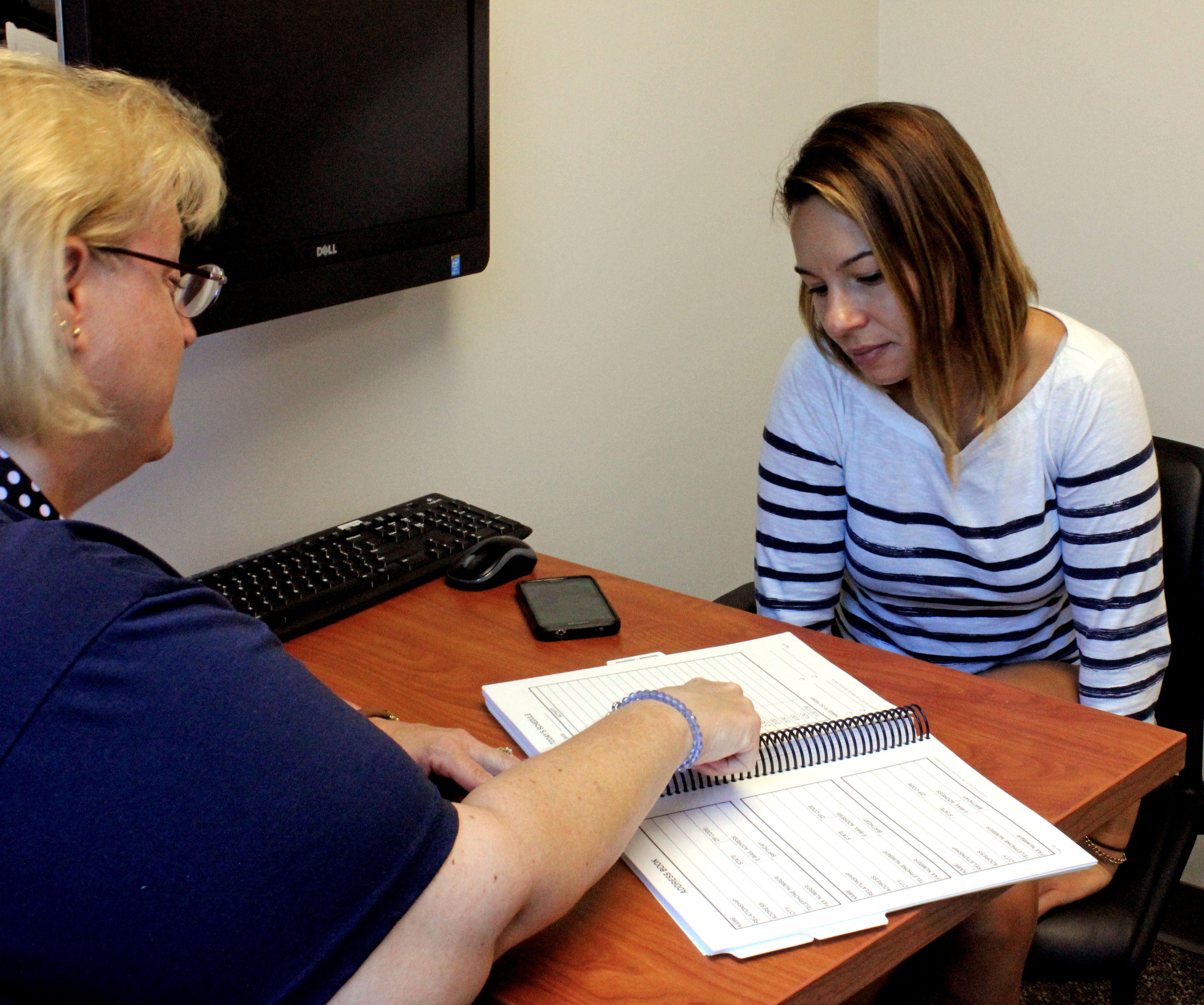Traumatic Brain Injury – Causes, Symptoms, Treatment
A car accident, a fall, a football tackle – some of the incidents that can cause head injuries. Head injuries can happen to anyone, at any age, and can damage the brain.
 Traumatic Brain Injury (TBI) is a brain injury from a bump or blow to the head or when an object goes through the skull and into the brain. TBIs can be mild, moderate, or severe, depending on how much damage has been done. Concussions are a mild form of TBI. They cause temporary symptoms that usually go away a few days or weeks after the initial injury. The most severe TBIs can cause permanent brain damage, coma, or death.
Traumatic Brain Injury (TBI) is a brain injury from a bump or blow to the head or when an object goes through the skull and into the brain. TBIs can be mild, moderate, or severe, depending on how much damage has been done. Concussions are a mild form of TBI. They cause temporary symptoms that usually go away a few days or weeks after the initial injury. The most severe TBIs can cause permanent brain damage, coma, or death.
According to the American Speech-Language Hearing Association, at least 5.3 million Americans, approximately 2% of the population, currently live with disabilities related to brain injury. Males are more than twice as likely as females to experience a TBI and it is most common among adolescents (ages 15–24) and older adults (75 and older).
Common causes of TBI include falls, car or motorcycle crashes, and vehicular accidents involving pedestrians, athletic injuries and assaults with or without a weapon. You may be more likely to have another TBI if you have had one before. Even a mild TBI can lead to more serious problems.
 You may experience one or more of the following problems:
You may experience one or more of the following problems:
- Physical problems—fainting, seizures, headaches, dizziness and vomiting, problems with balance, and muscle weakness.
- Sensory problems—sensitivity to lights, sound, and touch; hearing loss or ringing in the ears; changes in vision or double vision.
- Behavior changes—being more emotional or feeling anxious or angry; feeling depressed or having mood swings.
- Problems with thinking skills—difficulty paying attention, remembering, and learning new information; difficulty planning, setting goals, and problem solving.
- Speech and language problems—problems being understood because of weak speech muscles (dysarthria) or problems controlling your speech muscles (apraxia of speech in adults and childhood apraxia of speech); problems understanding what others say or what you read; problems finding the words to say what you want or need.
- Social communication issues—difficulty following conversational rules, like taking turns and not interrupting; difficulty understanding nonverbal cues, like when someone shrugs their shoulders.
- Swallowing problems—trouble chewing, or coughing and choking when you eat (swallowing disorders in adults and feeding and swallowing disorders in children).
 Many serious injuries can either be prevented, or at least lessened in severity, with the proper precautions. The following are tips to reduce the risk for a head injury:
Many serious injuries can either be prevented, or at least lessened in severity, with the proper precautions. The following are tips to reduce the risk for a head injury:
- Always wear your helmet when riding a bicycle, motorcycle, skateboard, or all-terrain vehicle.
- Never drive under the influence of alcohol or drugs.
- Always wear your seat belt and ensure children are secured in the appropriate child safety seats.
- Avoid falls in the home by keeping unsecured items off the floor, installing safety features such as non-slip mats in the bathtub, handrails on stairways, and keeping items off of stairs.
- Avoid falls by exercising to increase strength, balance, and coordination.
- Store firearms in a locked cabinet with bullets in a separate location.
- Wear protective headgear while playing sports.
- Do not use handheld devices or smart phones when driving or engaged in activity, not even walking. A smart phone can distract you just long enough to get
Those who suffer from TBIs may require care from a number of physicians or specialists, including speech-language pathologists (SLPs). SLPs work to address deficiencies in language, swallowing and speech. Those with a TBI may have difficulty expressing what they would like to say, organizing their thoughts, speaking fluently and have memory lapses. After conducting a series of evaluations a SLP will set goals, create a customized therapy plan, and schedule follow-up appointments for each individual client. Along with support groups, the Speech-Language Institute (SLI) of Salus University offers treatment and therapy for TBI related issues.
For more information or to make an appointment, please contact the Speech-Language Institute at 215.780.3150.